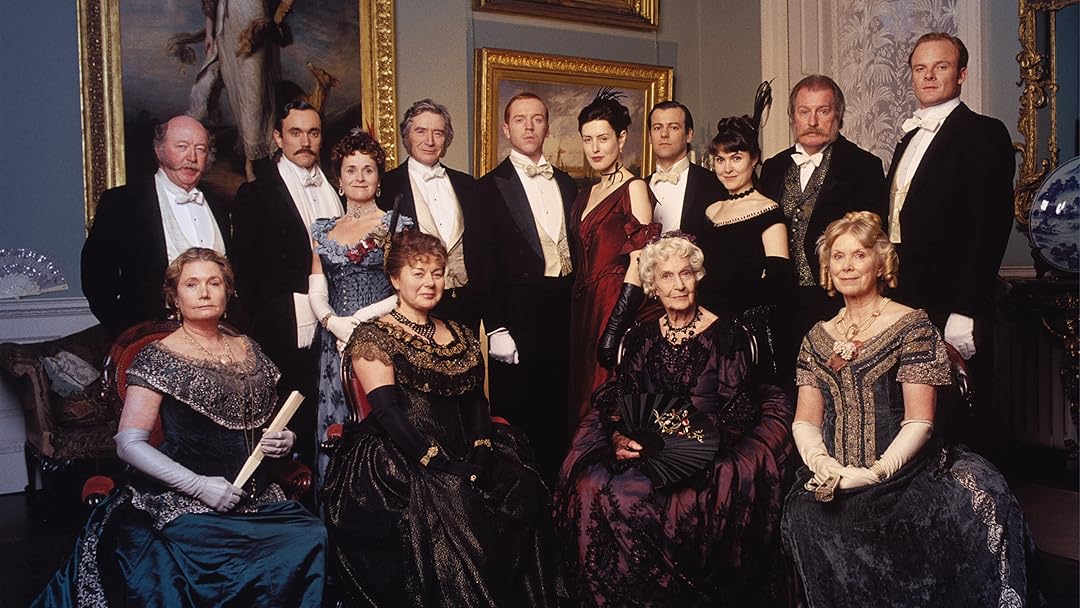
Introduction
The Forsytes, created by author John Galsworthy, is not just a fictional family but a representation of a society in transition. First appearing in the early 20th century, the Forsyte saga reflects the complexities of English life and class structure during this period. The relevance of The Forsytes remains significant today, as it allows modern audiences to explore themes of social change, materialism, and human relationships.
Background of The Forsyte Saga
The Forsyte Saga is a series of three novels and two interludes that chronicle the lives of a wealthy family, the Forsytes. The series includes the novels The Man of Property, In Chancery, and To Let, published between 1906 and 1921. Galsworthy, who was awarded the Nobel Prize in Literature in 1932, used this family to explore the moral dilemmas and social evolution of Edwardian England.
The saga centers around Soames Forsyte, a successful and materialistic property owner, whose obsession with possession leads to a series of personal and familial conflicts. His relationships, particularly with his wife Irene, serve as pivotal points in the narrative, delving deep into themes of love, betrayal, and societal expectations.
Recent Revivals and Adaptations
The Forsytes have seen a resurgence in interest due to various adaptations, including the acclaimed BBC miniseries aired in the early 2000s. This adaptation garnered critical acclaim and introduced the characters to a new generation, highlighting Galsworthy’s sharp insights into human nature and British society.
In addition to television adaptations, there have been several theatrical and literary reinterpretations of the Forsyte narrative, showcasing its enduring relevance. Contemporary authors often cite Galsworthy’s work as an influence, identifying how the themes of ambition and familial duty resonate with modern readers.
Conclusion
The legacy of The Forsytes continues to impact literature and culture. Galsworthy’s exploration of the tensions between personal desires and societal expectations provides a mirror to modern-day dilemmas. With ongoing adaptations and discussions surrounding the work, The Forsytes remains a crucial part of the literary canon, inviting readers to reflect on the complexities of human relationships within the societal frameworks in which they exist. The narrative ultimately reinforces the notion that despite changing times, the fundamental human experiences of love, loss, and aspiration remain timeless.
You may also like

Exploring the Works of Joanna Garland

The Impact of White Lotus on Environmental Tourism
